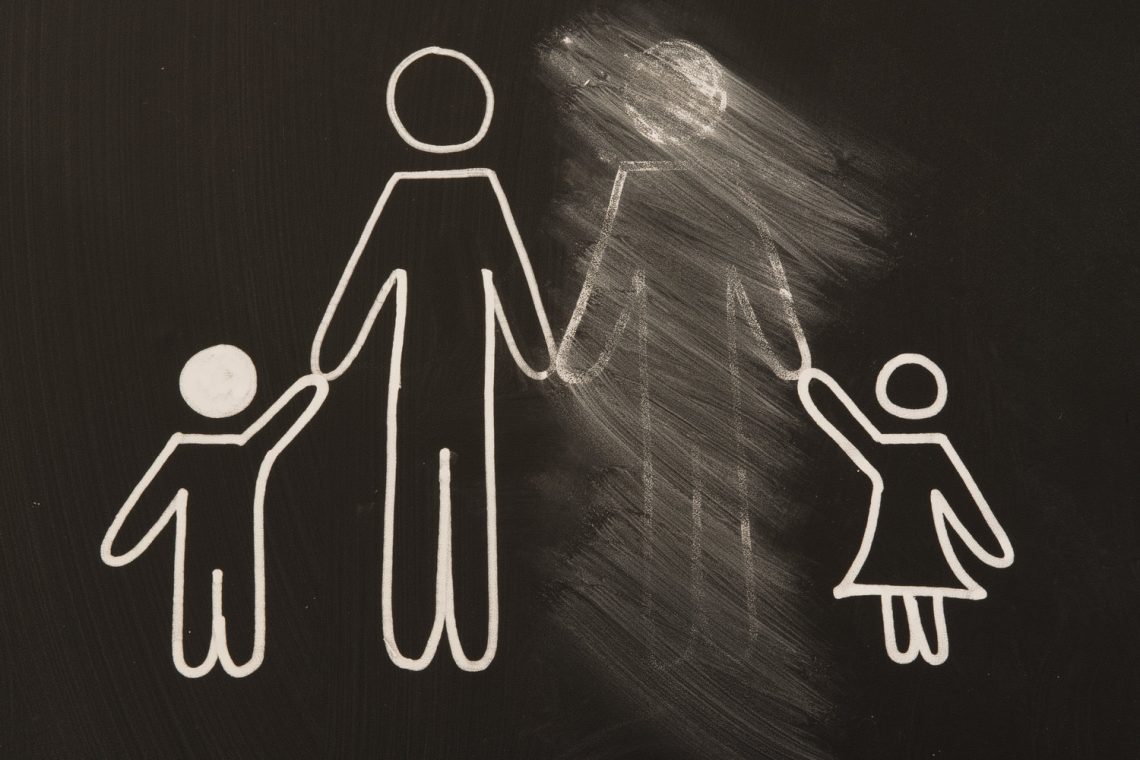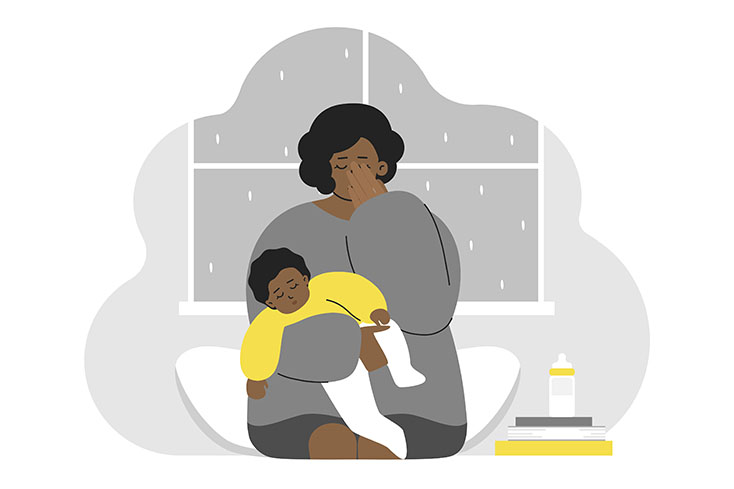
The Psychological Impact of Absentee Parents
Families are all different and it’s not always possible for there to be two actively involved parents in a child’s life. There are many situational factors that prevent dual parenting in some families. Such circumstances often lead to diminished self-esteem for children of all ages, as they suffer from a diminished identity and sense of self. Any level of family instability will inevitably take its toll on a child’s development.
The behavior of a child that has been negatively affected by the absence of one of their parents tends to be less desirable, as they struggle with a diminished support system. This article seeks to explore the most common impacts of physically or emotionally absent parents on their children.
Praise & Support Are Lacking When A Parent Is Absent
According to researchers, “no matter what the cause, a child whose parent is absent suffers a number of negative effects, among which can be a lowered sense of self-esteem.” An absent parent almost always signifies an imbalance in child-rearing, as the entire weight of responsibility falls upon the remaining parent, putting pressure on their capabilities to take on this additional role.
Children thrive on parental engagement, praise, and support in order to receive the emotional encouragement they need to feel good about themselves. Getting emotional support from both parents provides a huge boost to the self-esteem of the children involved.
Confidence Levels Are Lower When A Parent Is Absent
A child’s confidence is diminished when they are lacking the love and support of one of their parents. Experts reveal that “without the experience of parents responding to a child’s spirit and achievements (whether taking first steps, laughing at their jokes, making a diorama, or going on a first date), children are deprived of the building blocks for self-confidence and self-esteem.” A child that is praised and encouraged by both parents grows to have a stronger emotional foundation, which gives them a more confident feeling and outlook on life.

Motivation Is Decreased When A Parent Is Absent
When a child’s self-esteem has taken a hit, and they don’t feel as though they are special, capable, and worthy, they tend to become more introverted and begin to lack the motivation to pursue their dreams. Often becoming more complacent and lacking the drive to set and pursue goals will hinder their ability to excel in all aspects of their lives. This includes their education, social network, and their future careers. Of course, this also has a huge impact on the child’s ability to form a healthy, stable relationship with their significant other during their adult years as well.
The Love Void
Missing the love and support of one of their parents leaves a love void in a child’s life. This increased level of awareness that they are “missing something” takes a toll on their emotional development, leaving them feeling less loved than children that have both parents involved in their daily interactions. According to many reports, “children with low self-esteem often struggle with challenges and may have a hard time finding solutions when they experience problems. They are more likely to be self-critical or to become passive, withdrawn or depressed.”
Confidence and love are catalysts in boosting children’s self-esteem. When both parents are present, there is a more well-rounded support system for kids to tap in to, and they’re offered two sets of perspectives when they seek advice and problem-solving guidance. This is a more textured, multi-faceted approach that adds a more dynamic mode of critical thinking. An absentee parent results in more limited options being available, creating a void that can’t always be filled.
When A Parent Is Absent, There are Increased Behavioral Problems
When a child is lacking self-esteem due to the absence of a parent, they are more likely to experience difficulties managing their emotions, often leading to behavioral problems and less desirable modes of self-expression. It has been found that “diminished self-esteem, behavioral problems, truancy, poor academic performance, delinquency, and homelessness, as well as teen pregnancy” tend to be prevalent in children who have had to cope with a singular parental influence. Learning how to cope with a fragmented sense of self-worth can lead to troubled behavior that will follow a child through their adolescence, and can span well into their adult years.
You May Also Like

How To Stop Being the Victim of Your Life?
2021-09-02
6 Effective Methods of Dealing With Jealousy
2022-05-12

